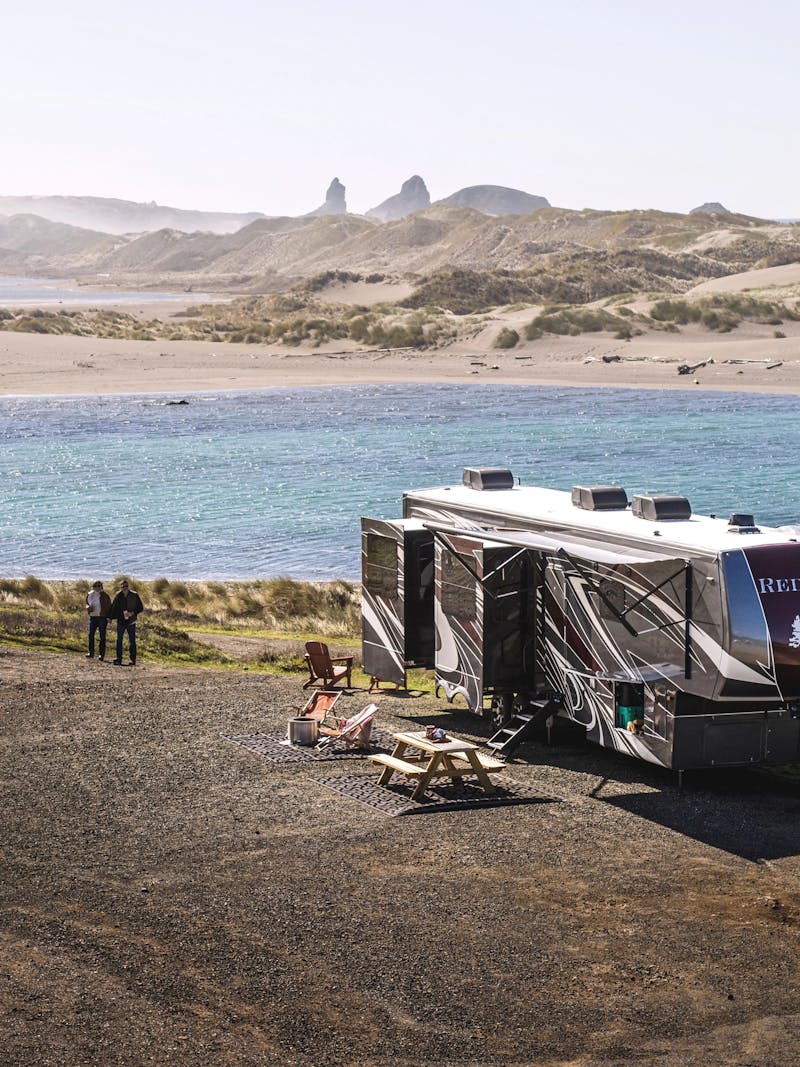Max and Marie, along with their two kids, love nothing more than spending their free time traveling and exploring new places. In 2022, this family of four plans to visit 15 national parks and 20 different states. And they’ll see it all with the help of their Jayco Eagle fifth wheel.
Find Your Perfect RV
Whether you're new to the world of RVing or you're ready to narrow your search, we're here to help you sort through it all and find the RV that's right for you. Explore RVs based off of your lifestyle and the features important to you.














